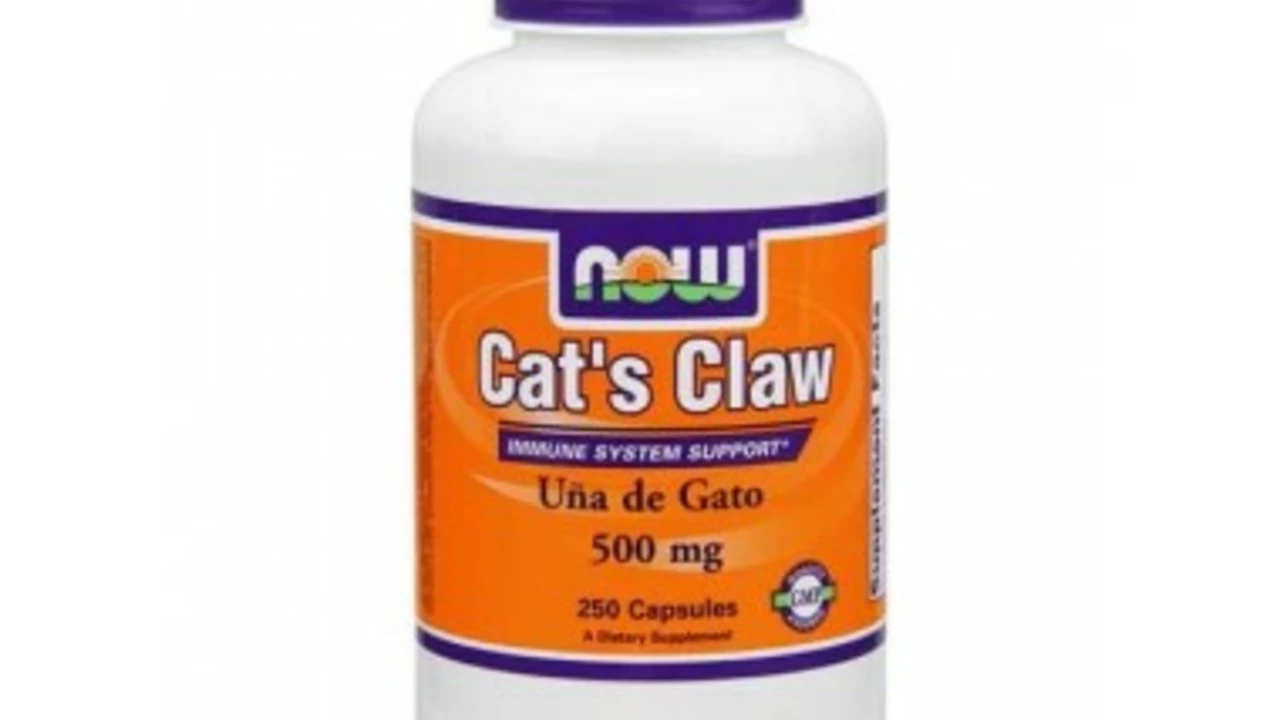Cat's Claw: What It Is and How People Use It
Cat's claw (Uncaria tomentosa) is a woody vine from the Amazon often sold as a supplement. People take it for immune support, joint pain, digestive health, and general inflammation. Some lab studies show compounds in the plant can affect immune cells and reduce inflammation, but real-world results in humans are mixed. This page gives practical, evidence-based info so you can decide if cat's claw might fit your routine.
What the Evidence Says — realistic benefits
Small clinical trials suggest cat's claw may help reduce symptoms of osteoarthritis and support immune markers, but the studies are limited in size and quality. For digestive issues like inflammatory bowel conditions, some users report improvement, yet larger trials are needed before drawing firm conclusions. Think of cat's claw as a potential complementary option, not a proven replacement for prescribed treatments.
If you want measurable effects, expect modest benefits. For pain or inflammation, cat's claw might reduce discomfort for a subset of people. For immune support, it could slightly alter immune cell activity, but that doesn’t guarantee stronger disease resistance. Always compare claims with clinical data and ask your clinician if you have specific health conditions.
How to Use It Safely — doses, form, and interactions
Cat's claw comes as capsules, tablets, tinctures, and teas. Most research used standardized extracts; those are preferable because they list active ingredient amounts. Typical capsule doses range from 250–1000 mg daily, often split into two doses. If you try a tincture, follow the product label or a practitioner’s advice.
Watch for side effects: mild stomach upset, headache, and dizziness are the most common. Avoid cat's claw if you’re pregnant or breastfeeding—there’s not enough safety data. People on immunosuppressant drugs (for autoimmune disease or after transplant) should avoid it because it may stimulate the immune system. It can also interact with blood pressure meds and anticoagulants; check with your doctor before starting.
Buy from reputable brands that provide third-party testing and clear ingredient lists. Look for "standardized extract" and avoid products with vague plant percentages or unknown fillers. If possible, choose suppliers that include a batch or certificate-of-analysis link on their product page.
Give any new supplement 4–8 weeks to show effects, and track changes in symptoms and side effects. If you notice improvement, continue only under supervision; if symptoms worsen, stop and talk to your healthcare provider. Cat's claw can be useful for some people, but it works best when you treat it like one tool in a broader health plan—alongside proper medical care, diet, sleep, and movement.
Cat's Claw: The Natural Dietary Supplement Your Body Needs for Optimal Health
Well, folks, hold onto your hats because today we're diving into the wild world of a natural supplement called Cat's Claw! No, your kitty hasn’t grown a magical health-boosting claw, but rather, it's a potent herb from the Amazon rainforest. This amazing little plant is packed with health-boosting properties that are just waiting to jazz up your wellness routine. It's like nature's own multivitamin, ready to turbocharge your health. So, let's buckle up and explore why this feline-inspired supplement is the cat's pajamas for your wellbeing!
© 2026. All rights reserved.

